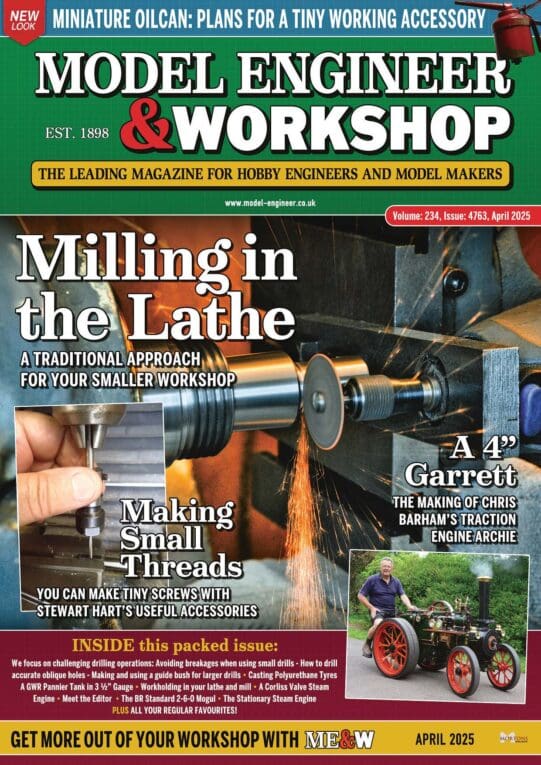On
11 April 2025 at 06:57 Pete Said:
…
Andrews point about “not cheap but you get what you pay for” is all too true.
…
Whilst I agree with everything Pete said, can I warn against the ‘quality’ myth. The idea that one should buy the best available is wrong. Adages, price, brand-names and country of origin are all unreliable factors. Instead tools should be bought to meet requirements, therefore purchasers are advised to think about what their requirements really are before buying. As all tools are disposable, don’t waste money on high-end gear that’s rarely used and might end up in a skip when we die.
I have three sets of Jewellers screwdrivers.
- Very cheap, plastic handles yuk, bought on a Sunday to tighten a loose screw on my specs. Job done to perfection, no complaints, so the set passed my ‘value for money’ and ‘fit for purpose’ tests. Doesn’t mean the set is good for much else. The bits are soft and they don’t fit much other than spectacles!
- Two inexpensive mid-range sets bought from tool-shops. An ordinary selection of 6 tips aimed at the simple repair market, which is what most purchasers want. The first is Japanese and about 50 years old. Second set probably Chinese, bought recently after the Japanese set went walk-about. The mid-range sets are very similar, differing mainly from the very cheap set by having metal handles and hardened tips. Both are good enough for what I do, and anyone recommending me to buy Bergeon needs shooting! Advice that wastes other people’s money is all too common, and those who give it aren’t accountable.
My screwdriver requirement would change radically were I to switch to clockmaking / repair. (Once a real possibility.) Now I have to go up market because many screws are worked on and it’s important not to graunch them! An ordinary Jewellers set is no longer ‘fit for purpose’. New requirements include:
- Hard wearing tips, to take a lot of action.
- The large number of different slot sizes found in timekeepers means a large number of screwdrivers are needed, and they have to be hollow ground.
- Smooth low friction bearings in the handles.
- Good grip and other ergonomics. As feel is a personal thing, best to choose after handling the tool!
- Two sets: one magnetic, the other anti-magnetic.
- A large number of screwdrivers in constant use have to be organised. Colour coded handles, ideally stored in a carousel, not a box or rack. Carousels vary from rough and ready to expensively smooth.
Requirements 1 to 4 are unlikely to be met by a set of 29 screwdrivers selling for £9.99 on the web. Though a cheap set might come closer than expected. Listening to a recent radio programme about wrist-watches, a retailer mentioned markup on quality watches was up to 34 times the manufacturing cost. Sadly spending £5000 on a watch made for £150 does not add quality; instead the owner is paying £4750 for the brand and ‘reassuringly expensive’ bling. The link between cost and ‘quality’ is far from guaranteed.
Requirements 5 and 6 take us into another game entirely; making best use of tools. A well-insulated workshop with a large north facing window would be nice! If seriously into clock and watch work, then screwdrivers are the tip of an iceberg. Dozens of other expensive tools needed!
Choosing tools is no exception to the rule that Engineers should never solve the wrong problem. Purchasing criteria are ‘fit for purpose’ and ‘value for money’. What they mean depends on each purchasers requirements, not oversimplified assumptions.
How good does a tool need to be? There is no simple answer unless one has plenty of spare cash. Compromise is necessary, at which point generalisations like ‘buy cheap buy twice’ fail miserably, at least if we’re on a budget. So it pays to be clear about what tools are for, why they are needed, how often, and what the constraints are. Then take internet advice and decide after thinking.
Not criticising Pete’s post at all – his clearly explained observations are easy to peer review, and make sense to me!
Dave
Pete.




